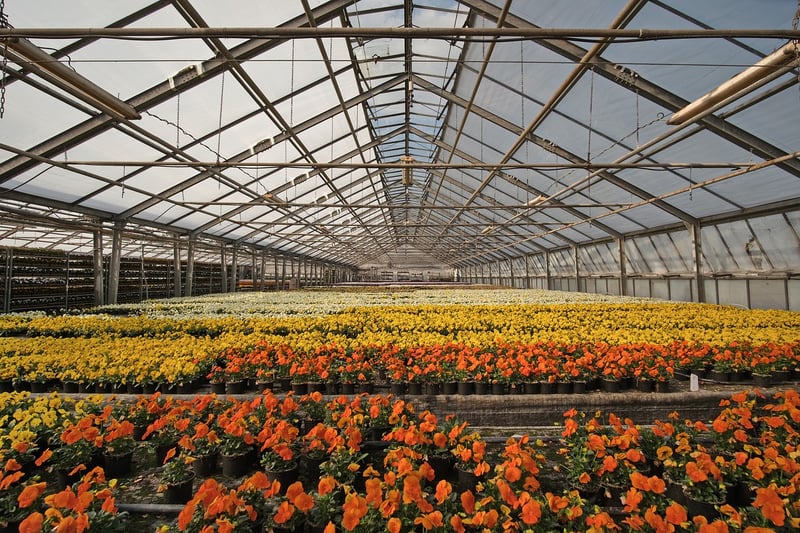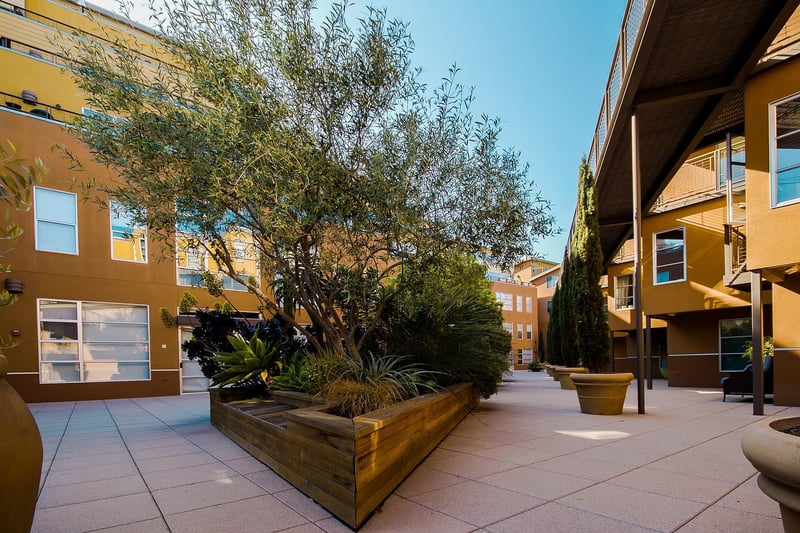Sky-High Planters
The Future of Farming: Vertical Farming and Sky-High Planters

Introduction
In recent years, traditional farming methods have been facing challenges due to factors like climate change, urbanization, and limited arable land. As a response to these challenges, vertical farming and sky-high planters have emerged as innovative solutions that are revolutionizing the agricultural industry.
Vertical Farming
Vertical farming involves growing crops in vertically stacked layers, utilizing controlled environment agriculture technology to optimize plant growth. By stacking plants vertically in a controlled indoor environment, vertical farms can produce significantly higher yields compared to traditional farming methods.
Benefits of vertical farming include:
- Year-round crop production
- Conservation of water and land
- Reduction in the need for pesticides
- Protection against extreme weather conditions
Sky-High Planters
Sky-high planters are elevated structures that allow for the cultivation of crops at various heights above the ground. These planters can be installed on rooftops, balconies, or even integrated into skyscrapers, making them a space-efficient way to grow fresh produce in urban areas.
Advantages of sky-high planters include:
- Utilization of underutilized urban spaces
- Enhancement of urban aesthetics
- Easy access to fresh produce for urban residents
- Reduction of food transportation costs
The Future of Agriculture
As the world population continues to grow, innovative farming methods like vertical farming and sky-high planters offer sustainable solutions to meet the increasing demand for food. These technologies not only address the challenges faced by traditional agriculture but also pave the way for a more efficient and environmentally friendly farming industry.
Embrace the future of farming with vertical farming and sky-high planters!

Images Source: Pixabay.com
